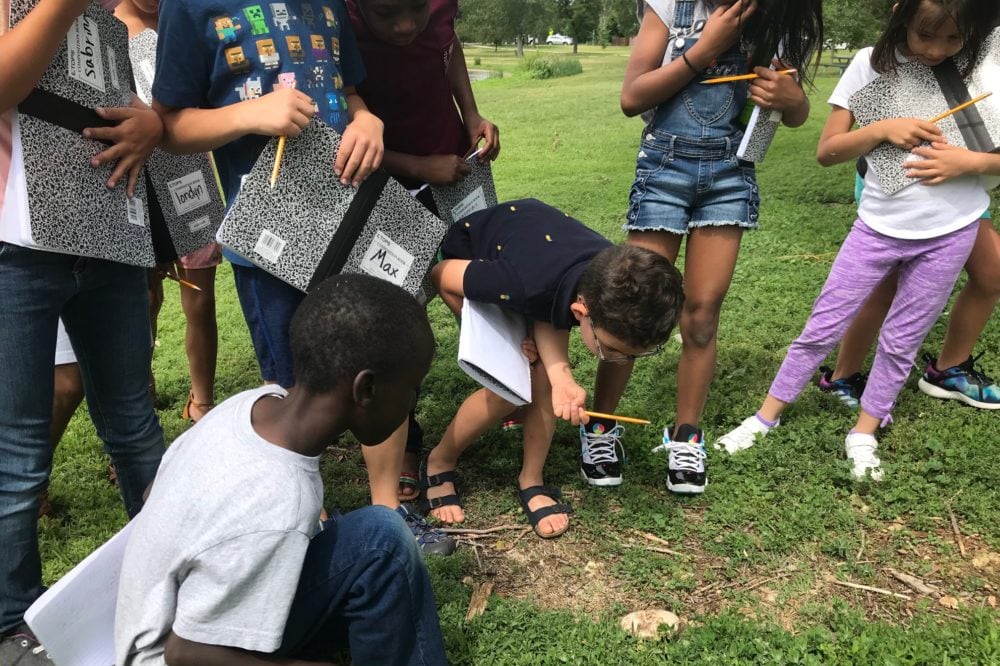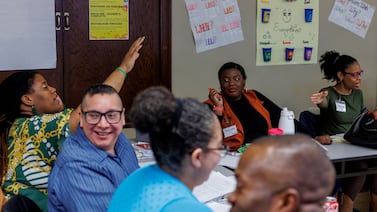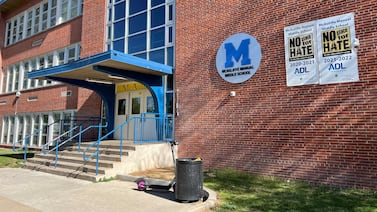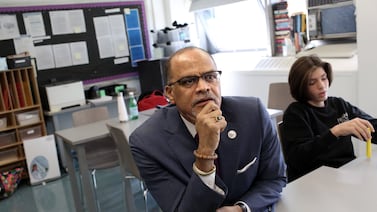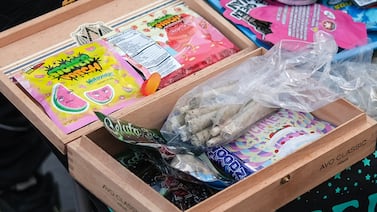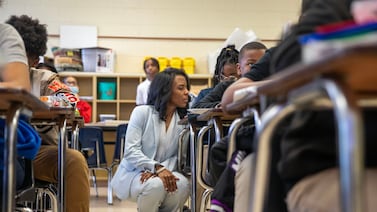Diana Romero Campbell usually enrolls 1,000 Denver-area elementary students in her organization’s free full-day “Summer Scholars” program. This year, she’s anticipating less than half that number will attend the remote version her team is rushing to plan.
Keith Desrosiers, whose nonprofit normally serves 2,500 Boulder County kids in outdoor day camps, plans to reach only about 225 this year, allowing just four or five children per instructor and offering fewer camp sessions than usual.
Welcome to the dramatically different — and for some, disappointing — summer camp experience of 2020.
With just weeks left in the school year, Colorado public health authorities have not decided yet whether summer camps will be allowed to open in June and if so, under what conditions. Late last month, the state began allowing limited in-person instruction in the K-12 and higher education systems — small-group tutoring sessions or welding classes, for example — but public health authorities are also watching to see if cases increase after loosening stay-at-home rules.
Gov. Jared Polis said this week that he expects to release guidance on both sleepaway and day camps on May 25.
Some camps have already canceled programming for June, and large school districts like Denver and Jeffco have moved all of their summer programming online.
The cancellations, changes, and uncertainty are taking a toll on working parents who have already weathered weeks of remote learning and depend on camps to provide child care during the summer. Nonetheless many camp providers still hope to provide some in-person programming.
Some parents are reluctant to send their children to in-person summer programs because they don’t want their children or family members to catch the coronavirus. But others say it’s the only way they can keep working.
“What’s happened with the COVID-19 pandemic is it’s brought to light many of the inequities in our system in a much more dramatic way,” said Amy Anderson, executive director of Reschool Colorado, a nonprofit focused on out-of-school learning.
Still, Anderson is hopeful that with concerns about learning loss magnified by this spring’s school closures philanthropists and others will work to ensure summer programs persist. She said Reschool will give out $40,000 to $50,000 in scholarships to students statewide who need financial assistance for summer programs.
A new survey from ReSchool found that three-quarters of 24 Denver area camp providers planned to provide in-person programming this summer, though with changes to comply with whatever health guidance the state provides, and in some cases, starting at a later date than usual. Nearly two-thirds also said they anticipated offering online or at-home activities for students. More than one-third said they haven’t finalized their plans yet.
With many school buildings and other public facilities closed, one of the biggest hurdles for camp operators this year is securing space.
Romero Campbell, president of Scholars Unlimited, which provides free after-school and summer programs to low-income students, said her program can’t run the usual six-week in-person sessions in Denver, Aurora, and Westminster because its school sites are closed.
Instead, her instructors will run 60- to 90-minute online literacy classes three days a week. All students will get headsets to reduce background distractions and staff will drop off necessary supplies each week. On the other two days, online sessions will feature guest speakers, museum tours, or other virtual field trips. If it’s permitted, there may be weekly park meet-ups that include an instructor and a small number of students.
Romero Campbell knows the scaled-down summer program, which she expects will enroll 300 to 500 children, will pose difficulties for working parents who usually rely on Summer Scholars for child care. But she’s hoping it can serve as an innovative prototype for summer learning.
“We can’t let our fear paralyze us,” she said. “It could be a brilliant summer. We could have amazing wins, but buckle up because we’re probably also going to experience some major failures.”
Desrosiers, who heads Thorne Nature Experience, said he considered cancelling his program altogether this year, but wanted to keep his staff working. In addition to lowering group size from 12 campers to five and eliminating daily group bus rides, he extended sessions from one week to two and will give instructors nine days off between sessions.
When Desrosiers changed this year’s camp format, he gave already enrolled families first dibs on signing up. While about half pulled out because of concerns about older or immune-compromised family members, there was enough interest to fill all available slots in less than a day.
One thing that won’t change at Thorne Nature Experience this year is the percentage of scholarship recipients Desrosiers will enroll. He’ll give out 45 full scholarships, one for every four paying campers as usual. His board committed to the $33,000 investment even though it could mean staff layoffs later.
“It’s a scary decision to make,” said Desrosiers, but one that helps ensure low-income children get access to the kinds of experiences middle and higher income children enjoy. On weekly conference calls with other camp directors Desrosiers urges colleagues to continue offering financial help to families who can’t pay full freight.
“Part of what I’m trying to explain is the need that exists and how not to abandon your scholarship programs,” he said.


